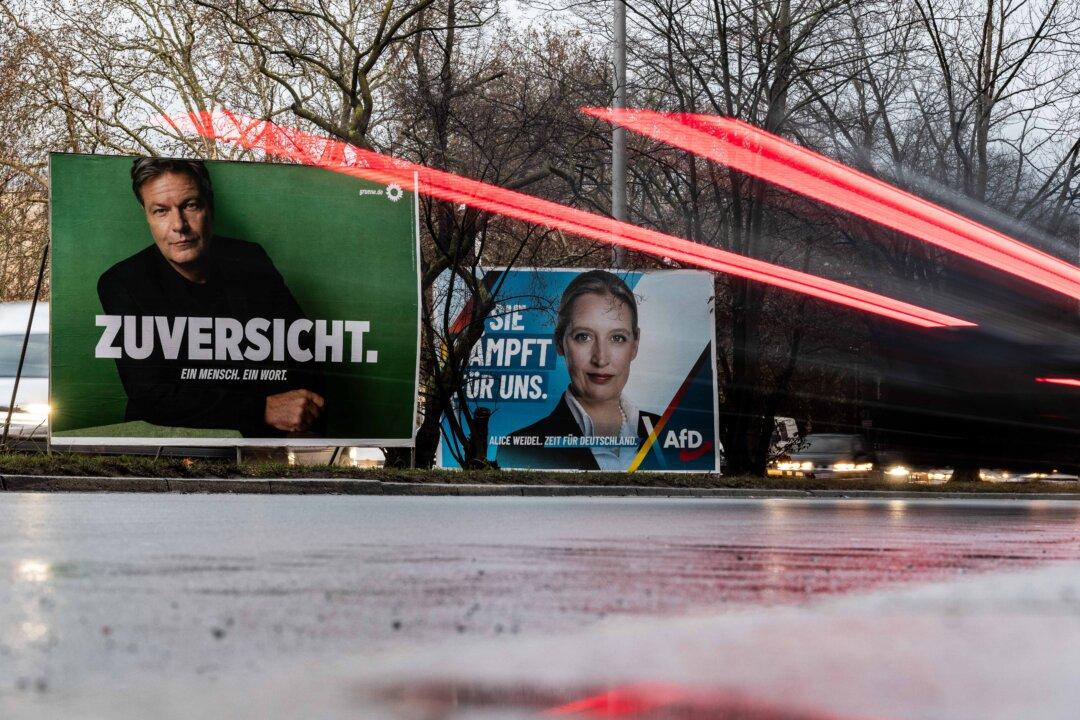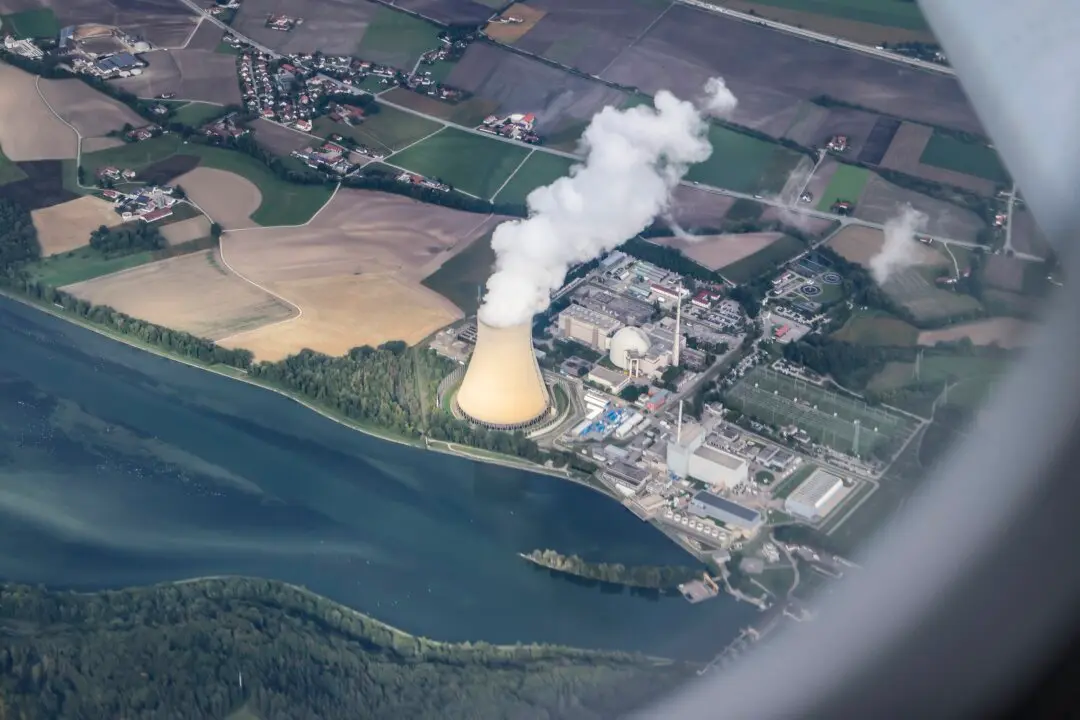Germany has ruled out using a “crisis” internet control protocol under an EU-wide law regarding digital services during its elections.
German authorities have said they won’t trigger Article 36 under the Digital Services Act (DSA), which would impose far-reaching restrictions on the internet, a week after collaborating with the EU Commission on a “stress test” for election disinformation in platform moderation.




